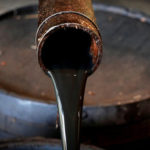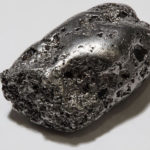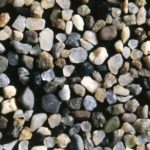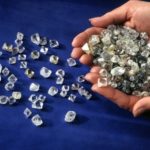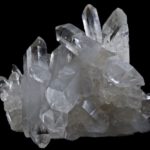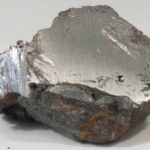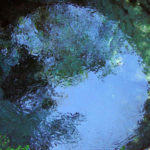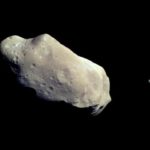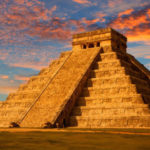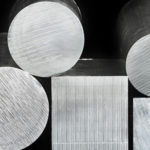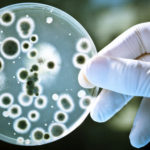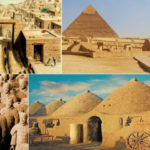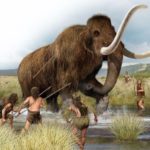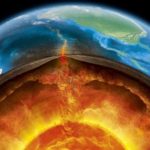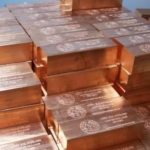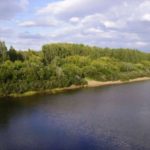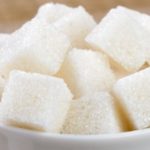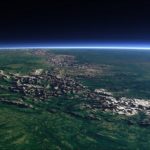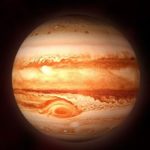Information about minerals
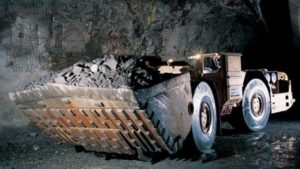 What would we do without minerals? Thanks to the fact that people once learned how to extract from the bowels of the earth what they need and process the resources received, our civilization began to vigorously step forward, and technological progress accelerated many times. And who knows what other treasures lurk under our feet, in the depths of the earth’s crust?
What would we do without minerals? Thanks to the fact that people once learned how to extract from the bowels of the earth what they need and process the resources received, our civilization began to vigorously step forward, and technological progress accelerated many times. And who knows what other treasures lurk under our feet, in the depths of the earth’s crust?
Peat is a powerful natural preservative. And since there are a lot of it in the swamps, sometimes perfectly preserved bodies of animals and even people who got there several centuries ago are sometimes extracted from them.
One of the most actively mined minerals is rock salt. Moreover, almost all of it is consumed by world industry, and only 5-6 percent is consumed for food.
In Turkmenistan there is a crater Darvaza, also known as the “Gates of Hell”. There, in the process of excavation, gas began to come to the surface, and experts decided to set it on fire, hoping that it would burn out soon. However, it still burns, after decades.
Among other minerals, mankind produces many metals. All of them, except one, spark upon impact with one piece of metal on another. An exception is copper.
A mineral like uranium is very important for the energy sector. It can exist in one of fourteen stages, gradually passing them all, one after the other, and after a full cycle it turns into lead. But this process takes about 1 billion years.
Diamond is the hardest substance known to mankind.
Oil is rarely found in its pure form, without impurities. It is usually mixed with natural gas.
Granite is a mineral whose properties are known to man from ancient times. It is extremely resistant to environmental influences, and granite buildings can stand for thousands of years.
When Europeans discovered platinum in South America in the 16th century, they did not find it valuable. Now it costs much more than gold.
Metals, coal, oil and gas are the most important minerals for mankind. It has been since people learned how to mine and process them, our civilization began to develop faster and faster.
Gold is the most flexible metal. From one ounce you can make a thread almost 80 km long, and it will be flexible and durable.
In Europe, oil began to be collected from the surface of the seas even before they learned how to find it underground. And then there was an opinion that this is nothing but the urine of whales.
Sometimes the development of minerals causes terrible harm to the environment. So, in the USA the most toxic lake in the world is located. Rains flooded the old copper quarry, and so it formed. Yes, copper can also be toxic.
From such a mineral as obsidian, the world’s first surgical instruments were once made. Obsidian is also called volcanic glass.
Most coal is mined from the bowels of the earth. In many countries, it is still the basis of energy. And it is also possible to produce oil from it.
